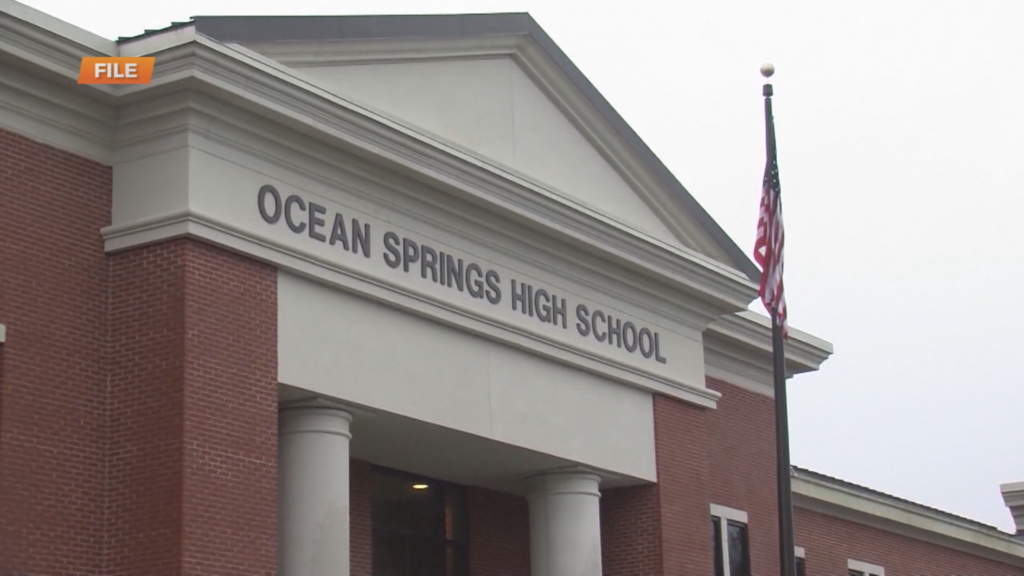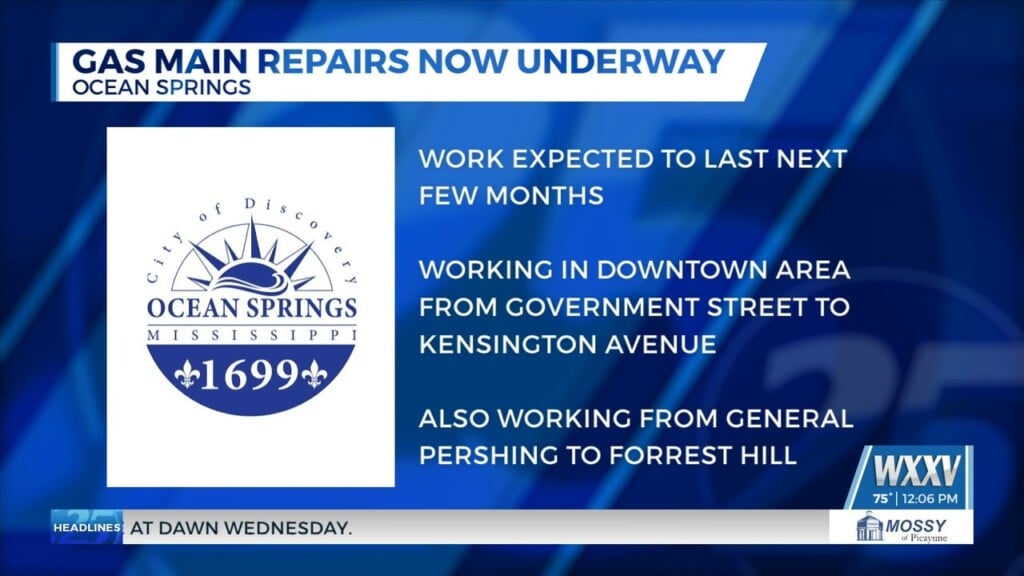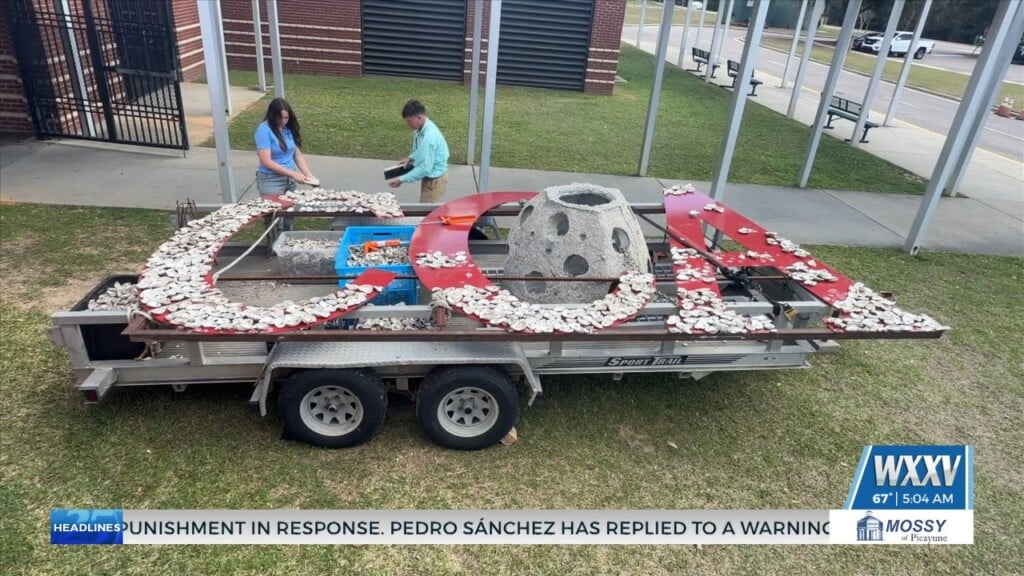Litter becoming a growing problem in Stone County
Stone County, Miss. (WXXV)- Litter is puling up along rural roads in Mississippi and the state is spending millions trying to keep up.
The Mississippi Department of Transportation says it’s a growing problem, the money spent picking up trash could go toward improving roads and bridges instead.
Litter in rural Mississippi is more than an eyesore — it’s a growing concern for cities like Wiggins.
From tangled wildlife to dangerous road conditions, MDOT says the impacts are everywhere.
And for residents like Tammy Smith, it’s personal.
“If they’re going to drink their fountain drinks or eat their hamburgers or whatever, throw it in the backseat of their car and take it home with them,” said Tammy Smith, a Wiggins resident. “Why, in God’s green earth, do they want to throw it out in the street?”
Unsecured trash contributes to nearly 25,000 crashes and about 80 deaths each year nationwide.
Efforts to toughen Mississippi’s litter laws — like House Bill 831 and Senate Bill 2308 — failed to pass this year.
Meanwhile, MDOT and local partners are trying to keep up.
In District 6 alone, more than 72,000 bags of trash were collected last year through programs like Adopt-a-Highway and the Inmate Litter Program.
Officials say long-term change starts with education.
“You know, it’s great to have these cleanup days, but when it comes to education and actually teaching people how to change — and changing that mindset and the culture — that’s where you see your biggest advantages in tackling this,” said Stone County Administrator Ryan Merrill.
MDOT’s “Myrtle the Turtle” program helps educate elementary students about litter prevention.
In cities like Hattiesburg, campaigns such as “Don’t Be a Litterburg” are encouraging residents to keep roads clean.
But for many locals, it’s also about pride in their hometowns.
“I would love to see our people here in Wiggins take more pride in Wiggins and dispose their trash like they’re supposed to. That’s what I’d like to see — because I love Wiggins,” said Smith.
While cleanup programs help, officials say real change depends on individuals taking responsibility.



